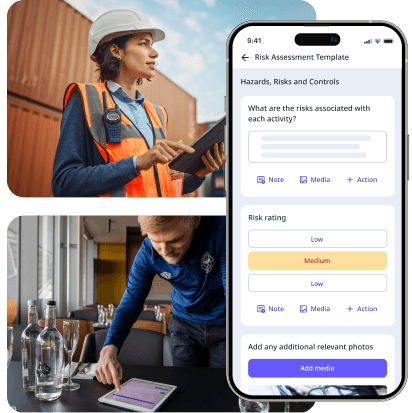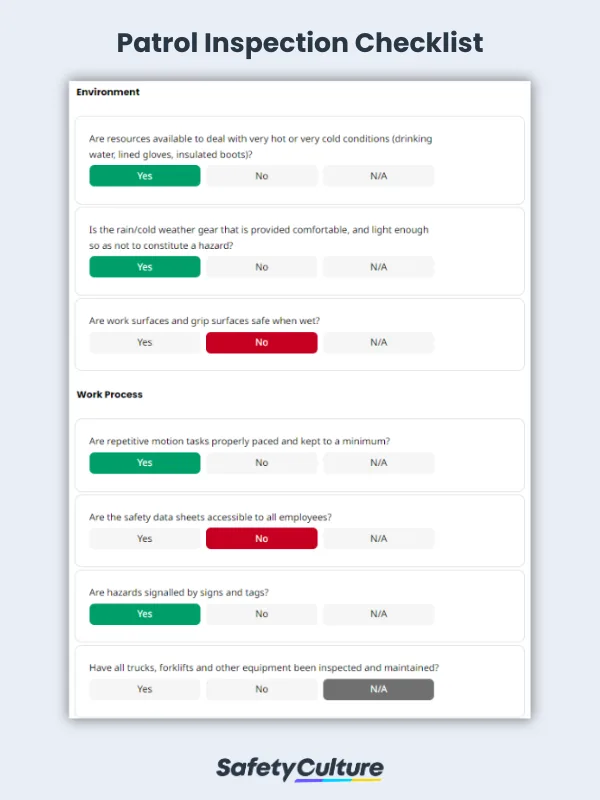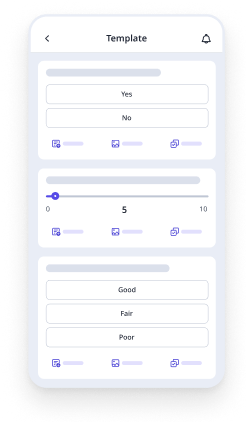Published 8 Mar 2024
Article by
3 min read
A patrol inspection is a timely evaluation of a surveillance area performed across multiple industries such as security, manufacturing, and real estate. It aims to identify malicious acts in the premises and detect any abnormalities that can be remediated immediately. The purpose of patrol inspection is to ensure everything is secure and under control in a designated location, especially within large properties. Regular patrol inspections help hasten the response time to triggered alarms or reported incidents, minimize the risk of costly damages, and protect businesses round-the-clock.
What is a Patrol Inspection Checklist?
A patrol inspection checklist is used as a guide in the assessment of a specific surveillance area. It is used to prevent expensive repairs, unnecessary incidents, and unattended risks.
Effectiveness of Patrol Inspection in Different Industries
A patrol inspection measures the degree of conformance to standard protocols, processes, and procedures in any industry. It is used to detect damages or defects before they cause serious problems. The following shows how effective patrol inspections are in different industries.
Manufacturing
The primary objective of patrol inspections is to locate the cause of production delays, such as human errors, machine defects, improper material handling, and substandard output. It is performed to measure the precision of equipment and employee compliance to produce high-quality deliverables on time.
Local Government
Patrol inspections are performed by security teams to protect people under their jurisdiction. The goal is to respond with immediate action in case of emergencies within the area. Patrol inspections also help identify crime zones and provide a physical presence at that location.
Agriculture
Performing patrol inspections with surveillance aerial drones help business owners have wider visibility of a specific area. It is used in detecting illegal activities, monitoring malicious movements, and ensuring farmers’ safety to maintain a cost-effective operation.
Transport and Logistics
Keeping a business operational requires securing the product and supplies to be delivered to clients. Conducting patrol inspections helps ensure deliverables are safe, complete, and in good condition. It helps build new relationships with clients and maintain existing ones.
How to Perform a Patrol Inspection
Patrol inspection in the manufacturing industry is a crucial task that is performed by safety and quality officers. Following these simple steps will help in the efficient performance of patrol inspections.
State the objective of the inspection and standardize the process.
Conduct a walkthrough in the production area to visually inspect equipment and machinery.
Observe employee performance and productivity.
Ensure the production area is secure and free from obstructions.
Communicate improvement measures.
Use a digital patrol inspection checklist to record the inspection.


